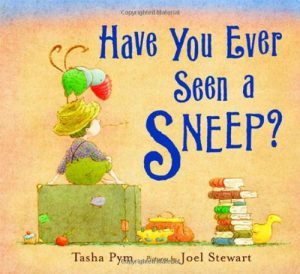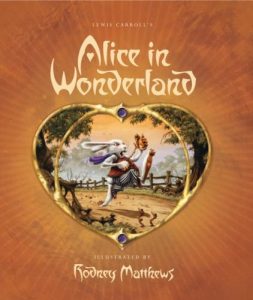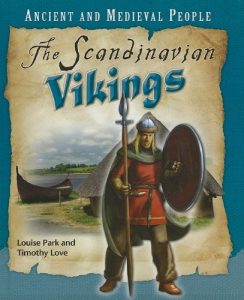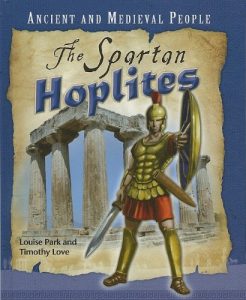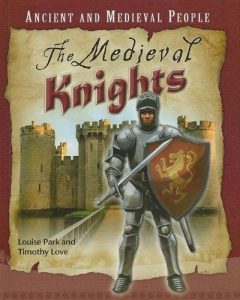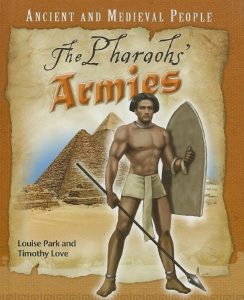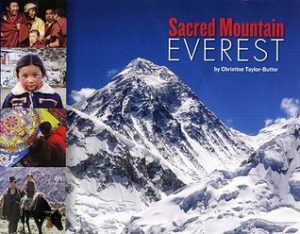 A cultural, geological, and ecological history of Mount Everest focusing on the indigenous Sherpa and their spiritual connection to the mountain, record-setting multinational climbing expeditions, and the effects of tourism on the environment. Illustrated with photographs, maps, diagrams, and timelines.
A cultural, geological, and ecological history of Mount Everest focusing on the indigenous Sherpa and their spiritual connection to the mountain, record-setting multinational climbing expeditions, and the effects of tourism on the environment. Illustrated with photographs, maps, diagrams, and timelines.
Author: Book Importer
Fables and Other Mayan Tales Of Atitlan (Spanish Edition)
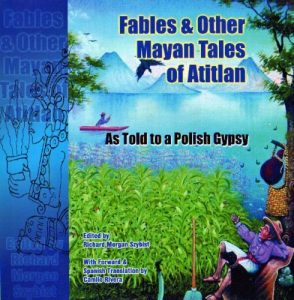 This is a collection of 12 folktales from the various Mayan communities around the shoreline of Lake Atitlan, located in the highlands of Guatemala. This edition is bilingual English-Spanish and, beyond entertainment, incorporates ethnographic and geographical descriptive information about the environment and Mayan culture in the rural highlands of Guatemala.
This is a collection of 12 folktales from the various Mayan communities around the shoreline of Lake Atitlan, located in the highlands of Guatemala. This edition is bilingual English-Spanish and, beyond entertainment, incorporates ethnographic and geographical descriptive information about the environment and Mayan culture in the rural highlands of Guatemala.
The East-West House: Noguchi’s Childhood in Japan
A biography of the early years of biracial sculptor/designer/landscape architect Isamu Noguchi, focusing on his childhood in Japan and the building of an east-west house that fostered his artistic inclinations and later gave shape to his lifelong creative approach.
The Terrible Plop
In this uproarious update of a favorite story, an unexplained noise leads to pandemonium among the animals. The fox, the elephant, even the big brown bear prove no match for the Terrible Plop. Only the littlest bunny learns not to panic when the sky–or something else up there–is falling. Bright, energetic illustrations and a rhyming text combine to make this a perfect read-aloud story for little ones needing assurance that plops in the day or bumps in the night aren’t as scary as they might seem.

